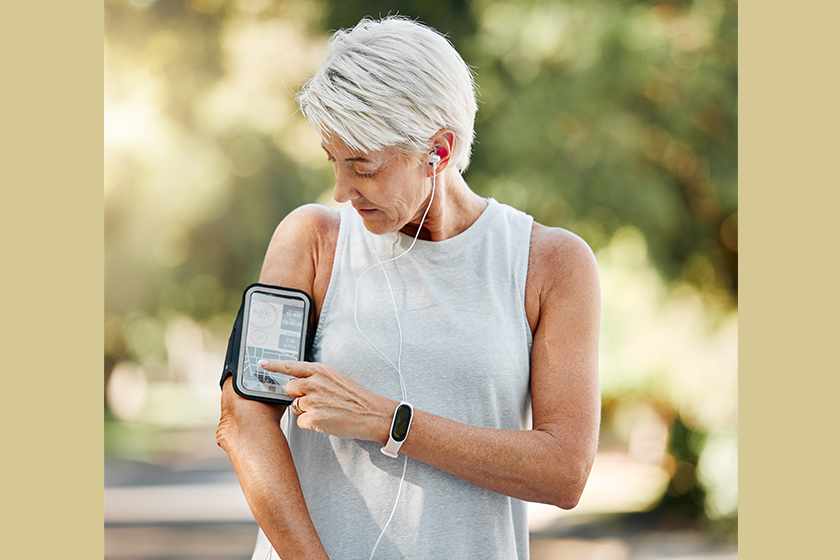How Technology Makes Health Monitoring Easier For Seniors

Technology has significantly transformed how you can monitor the health of your older loved ones. With advancements in digital tools, health monitoring has become more accessible and efficient for older adults. Whether you are looking to track daily activities or manage chronic conditions, technology offers practical solutions to help you keep a close eye on your family member's well-being.
User-Friendly Devices for Daily Monitoring
Health monitoring devices have evolved to be more user-friendly, especially for the elderly. Wearable technology, such as smartwatches and fitness trackers, enables continuous tracking of vital signs like heart rate, sleep patterns, and physical activity. These devices provide real-time data that can help you monitor your loved one's health without intruding on their daily routines.
Moreover, many of these devices come with intuitive interfaces designed specifically for older adults. This makes it easier for them to use the technology independently, giving you peace of mind while allowing them to maintain a sense of autonomy.
Mobile Apps for Health Management
Mobile apps have become an integral part of health monitoring, offering a wide range of functionalities. You can use these apps to set medication reminders, monitor dietary intake, and even track symptoms related to chronic conditions. These tools allow you to manage your family member's health proactively, reducing the risk of complications.
Additionally, mobile apps often sync with wearable devices, creating a comprehensive health profile that you can easily access and share with healthcare providers. This integration provides all the necessary information at your fingertips, simplifying the process of managing your loved one's health.
Remote Monitoring for Chronic Conditions
For older adults managing chronic conditions, remote monitoring systems provide an additional layer of care. Devices such as glucose monitors, blood pressure cuffs, and pulse oximeters can send data directly to healthcare providers, helping address potential issues promptly.
These systems not only help in managing chronic illnesses; they also provide you with the reassurance that your loved one is being closely monitored. The ability to track health data remotely can be a game-changer in maintaining their quality of life.
Emergency Response Systems for Immediate Assistance
Emergency response systems have advanced significantly, offering more than just a panic button. Modern systems can detect falls automatically and alert emergency contacts, providing immediate assistance when needed. This technology is especially valuable if your family member lives alone, as it provides help within reach all the time.
These systems often come with GPS tracking, allowing you to locate your loved one quickly in case of an emergency. This added layer of security can make a significant difference in their safety and your peace of mind.
Making Technology Work for You
The key to effectively using technology for health monitoring is to choose devices and apps that meet your specific needs. It is important to involve your loved one in the decision-making process so that they are comfortable with the technology. By selecting tools that are easy to use and understand, you can enhance their health monitoring without adding unnecessary complexity to their lives.
Empowering Health through Technology
Incorporating technology into health monitoring for elderly individuals can significantly improve their quality of life. From wearable devices to telemedicine, these tools offer practical solutions for managing health efficiently. By embracing these advancements, you can trust that your loved one's health is monitored effectively, providing them with the support they need to live comfortably and independently.
